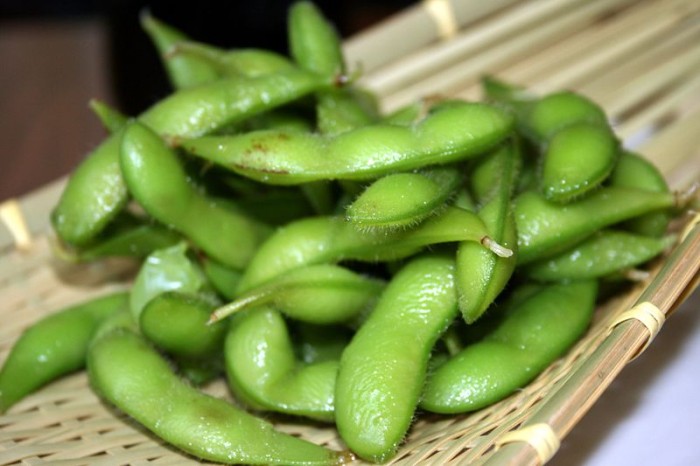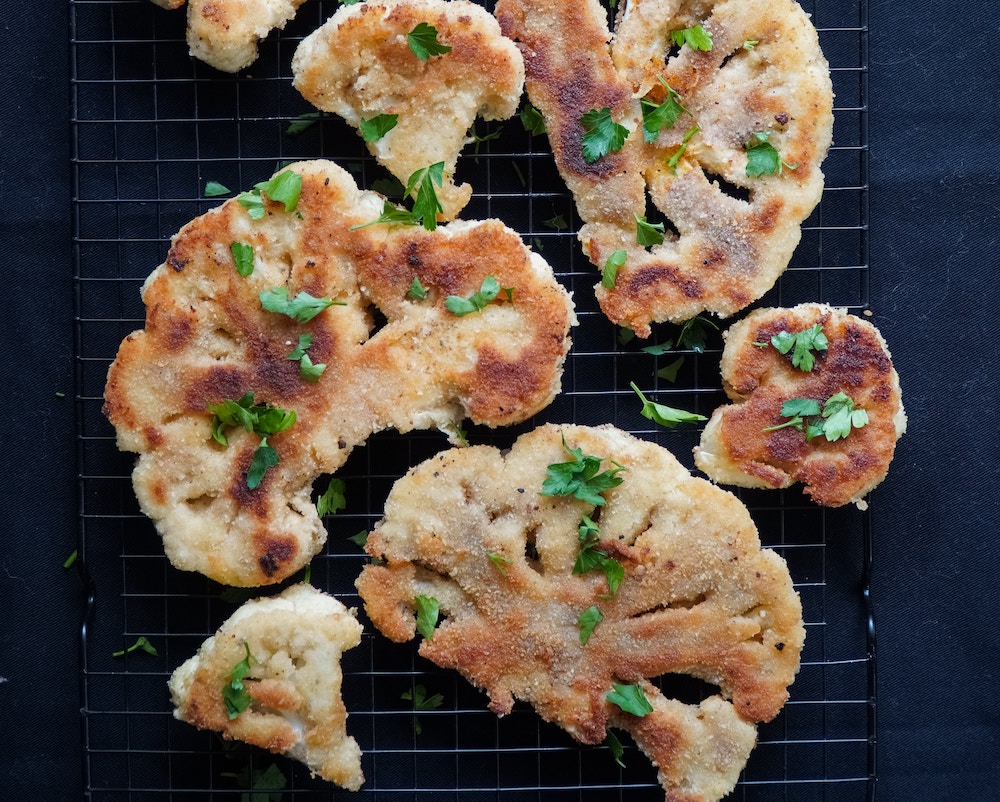
Just like most of you out there, I’m interested in what goes into my body. It seems that the research changes from year to year. “Eat this and live to be 100!” “Don’t eat that, it’ll kill you in a year!” Sometimes it’s really hard to decipher the truth. One of the most confusing health items is the decision to eat soy or to avoid it all together. When I first transitioned to vegan, soy was my savior. I didn’t know much about cooking and at that point, had done very little research on what a healthy vegan diet looked like. I didn’t even really like tofu at first but I quickly found ways to make it so that it was awesome.
Soy foods have been around for a long time. Sources site a different amount of years, but lets say roughly 2,000 years or more. People in Asia have been consuming soy as a main part of their diet for at least that long. Soy is a great substitute for animal protein and costs way less (roughly about a $1.29/pound depending on where you get it.) Soy is a complete protein, which means that it contains all 9 essential amino acids needed for dietary needs. If you’ve ever tried edamame, you’ll know that soy lives in a hairy little pod and the green variety is most commonly seen in the United States. Soy can be found in many things that we consume but it’s most common forms are soy milk, soy protein, tofu, and tempeh. Soy milk is great when you are transitioning from dairy to non-dairy product. It really helped me throughout most of my life due to my extreme dairy allergy. I still use soy protein in post-workout smoothies and consume tofu on a semi-regular basis. So when I heard that this awesome little plant may have some bad side effects, I was crushed. So instead of panicking and clearing out my cupboards, I told myself to chill out for a minute and do the research. This is what I came up with:
1. Isoflavones are the little buggers that give soy a bad rap. Isoflavones are little organic compounds found in many foods, but are fairly concentrated in soy products. Isoflavones are little tricksters and can mimic estrogen, hence the myth that men will grow boobs if they consume too much soy. Isoflavones may have a similar chemical makeup to natural estrogen but the concentration is not as strong.
2. Studies have shown that people who consume a moderate amount of soy products may reduce the risk of breast, colon and prostate cancer.
3. A large percentage, roughly 90%, of soy cultivated is GMO, which is never good. Fortunately, a large portion of the GMO soy is fed to cattle and other farm animals. If purchasing soy products, look for organic. By law, something can not be sold as organic if it contains any GMO.
4. There is some debate that fermented soy foods (tempeh, miso, natto, soy sauce) are healthier than non-fermented soy foods (soy milk, tofu, soy protein isolate). The theory is that soy contains anti-nutrients that can block mineral absorption and can only be broken down by fermentation. There is not sufficient research (here is a study that tracks mineral absorption in pre-menopausal women for 10 weeks) to prove that unfermented soy blocks mineral absorption and that many plants contain anti-nutrients that can be neutralized with cooking, fermenting, sprouting, soaking and roasting.
5. Soy foods can wreak havoc on your thyroid, because isoflavones can inhibit the process of making thyroid hormones. This is most commonly seen in people who are iodine deficient, which can then lead to hypothyroidism and cause goiters. Fortunately, most Americans get enough iodine in their diet, but if you are susceptible to endocrine disorders, it would be best to stay away from soy.
Conclusion? There is not much conclusive research on the dangers of soy. But like anything, I say it’s ok to eat soy in moderate amounts. A rich and varied diet, founded on a large quantity of fruits and veggies, is always the safest route. It seems that basically anything can be called out as the next nutritional villain: nightshade vegetables like tomato and eggplant, potatoes, even cruciferous veggies like broccoli and cauliflower. But instead of freaking out that nothing is healthy, just make sure you are eating a colorful, versatile diet.
Also in Healthy Eating: 5 Amazing Reasons You Should Eat More Cinnamon
5 Vegan Foods That Can Trigger Yeast Infections
5 Best Winter Immune System Boosters
__
Photo: Wikipedia




